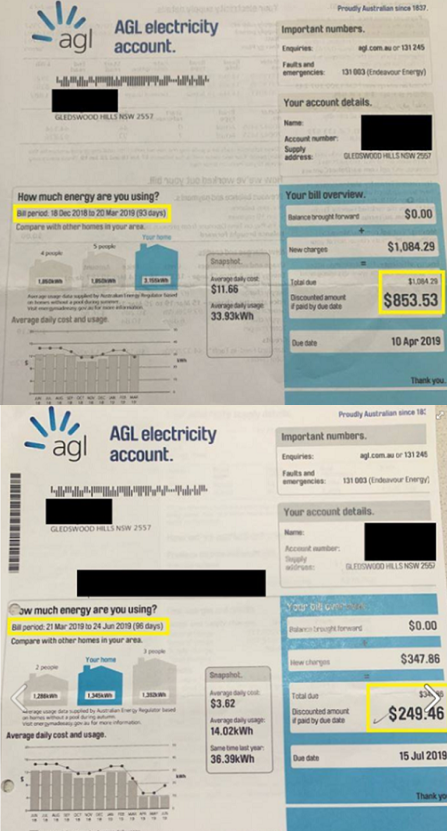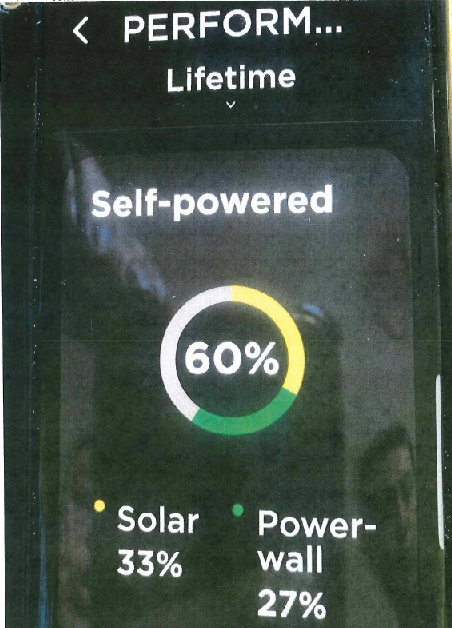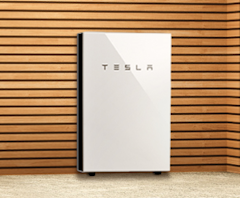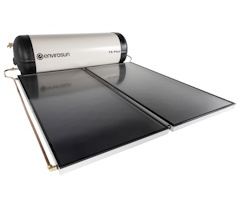Is solar worth it? How much does a solar power system save?
We hear these questions from family, friends, commentators and of course, from customers. There are legitimate reasons for people to ask these important questions and in this blog so we will seek to answer them and address some of the reasons why they are asked.
If we look at solar panels from a technical point of view, we know that solar panels produce electricity which can be used immediately by households or stored in a solar system battery solution for later use.
There are no arguments about whether solar panels can do the job that they are supposed to do, which is generating electricity. The debate is more about whether the electricity generated by solar panels will save enough money to make solar worth it.
Why do some people question this? The following are some of the reasons that generate doubts around solar:
- Lack of information: despite the large amount of information that is made available by the solar industry, government, media, and communities, unfortunately there is still a large portion of public that is not well informed about the advantages of installing solar.
- Scepticism: There will always be some people that have sceptical views about any new emerging technology. Hopefully these views will be eased as the public gets better informed.
So, is solar worth it? We believe the best way to answer this question is to present couple of real-life examples demonstrating how solar panels and a solar battery solution have affected the energy costs and power usage in two different households.
Example 1 – Home With Solar Panels Only
Situation Prior To Solar
The household was using 33.93kwh a day costing $11.66 a day with a total quarterly bill of $853.53 after discounts.
The Solar Solution
After assessing the customer usage and needs it was determined that best solar solution consisted of the installation of 8KW of LG solar panels.
Situation After Solar Was Installed
For this household the electricity usage and cost dropped significantly to the following: Usage 14kwh a day costing $3.62 a day with a total bill of $249.46 after discounts.
Reduction in electricity bill: $853.53 – $249,46 = $604.07 per quarter, equivalent to $2,416 year!
The payback period for a standard 8kW system can be as little as 3 years.
The image below shows the contrasting power bills:

Example 2 – Home With Solar Panels And Tesla Powerwall 2 Solar Battery:
Situation Prior To Solar
The household was purchasing 100% of electricity from the grid.
The Solar Solution
The customer initially installed a small 4KW solar system. Later the customer then added a 13KW Tesla Powerwall 2 battery.
The Situation After Solar
After the first full year of having the battery installed, the source of electricity changed as following;
- From Solar = 33%
- From battery 27%
- From grid 40%.
Total saving = 60% of power used – not bad for a little 4KW system!
The image below shows the snapshot from the Tesla app showing the performance of the system after its first year of operation:

Both of these examples show that solar panels and solar batteries do work by generating and storing electricity. They also prove that installing solar panels and/or a solar battery solution can save money by reducing the dependency on purchasing the electricity from the grid.
Conclusion
Installing solar panel and battery is worth it because they save money PLUS you have the thrill of being semi-independent of the grid. Also being relieved of the worry of receiving high power bills (bill shock) is priceless.
It is important to remember that not all households are the same, therefore it is recommended to consult with a professional and CEC Approved Solar Retailer that can analyse your household power usage and patterns to design an appropriate energy solution for your specific requirements.
For more information read this blog on solar panel prices and why install solar.






